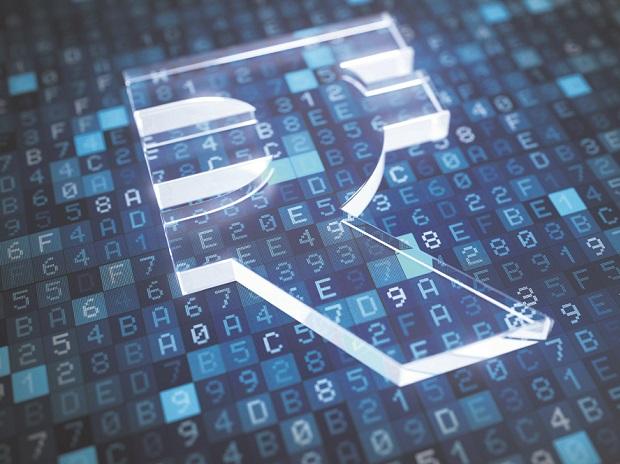[ad_1]
The Reserve Bank of India (RBI) on Monday said it will commence the first pilot of the central bank digital currency (CBDC) – the digital rupee – for the wholesale segment from November 1. The use case for this pilot will be settlement of secondary market transactions in government securities.
In a statement, RBI said, the use of the digital rupee is expected to make the inter-bank market more efficient, as settlement in central bank money will reduce transaction costs by pre-empting the need for settlement guarantee infrastructure or for collateral to mitigate settlement risk.
“Going forward, other wholesale transactions, and cross-border payments will be the focus of future pilots, based on the learnings from this pilot,” the RBI said.
As many as nine banks have been identified for participation in this pilot by the central bank. These nine banks include the likes of State Bank of India, Bank of Baroda, Union Bank of India, HDFC Bank, ICICI Bank, Kotak Mahindra Bank, Yes Bank, IDFC First Bank, and HSBC.
The pilot for the digital rupee in the retail segment will begin shortly (within a month) in select locations and in closed user groups, comprising customers and merchants, the RBI said.
Earlier this month, the RBI came out with a concept note for CBDC where it said it is exploring the launch of a digital currency with minimal disruption to the financial system. The RBI said it is working on a phased implementation of CBDCs through various stages of pilots, followed by the final launch.
The concept note said that the Digital Rupee will provide an additional option to the currently available forms of money. It is substantially not different from banknotes, but being digital, it is likely to be “easier, faster, and cheaper”.
RBI has defined CBDC as the legal tender issued by a central bank in a digital form. CBDCs are aimed to complement, rather than replace, current forms of money. They are envisaged to provide an additional payment avenue to users.
The central bank is exploring the option of implementing an account-based CBDC in the wholesale segment and a token-based CBDC in the retail segment through a graded approach.
According to the concept note, the key motivations for exploring the issuance of CBDC in India include reduction in operational costs involved in physical cash management, efficiency, and innovation in the payments system, boosting innovation in cross-border payments space, and providing the public with uses that any private virtual currencies can provide, without the associated risks.
In her Union Budget speech this year, the finance minister Nirmala Sitharaman had announced that a Digital Rupee will be issued by RBI in FY23.
[ad_2]
Source link



